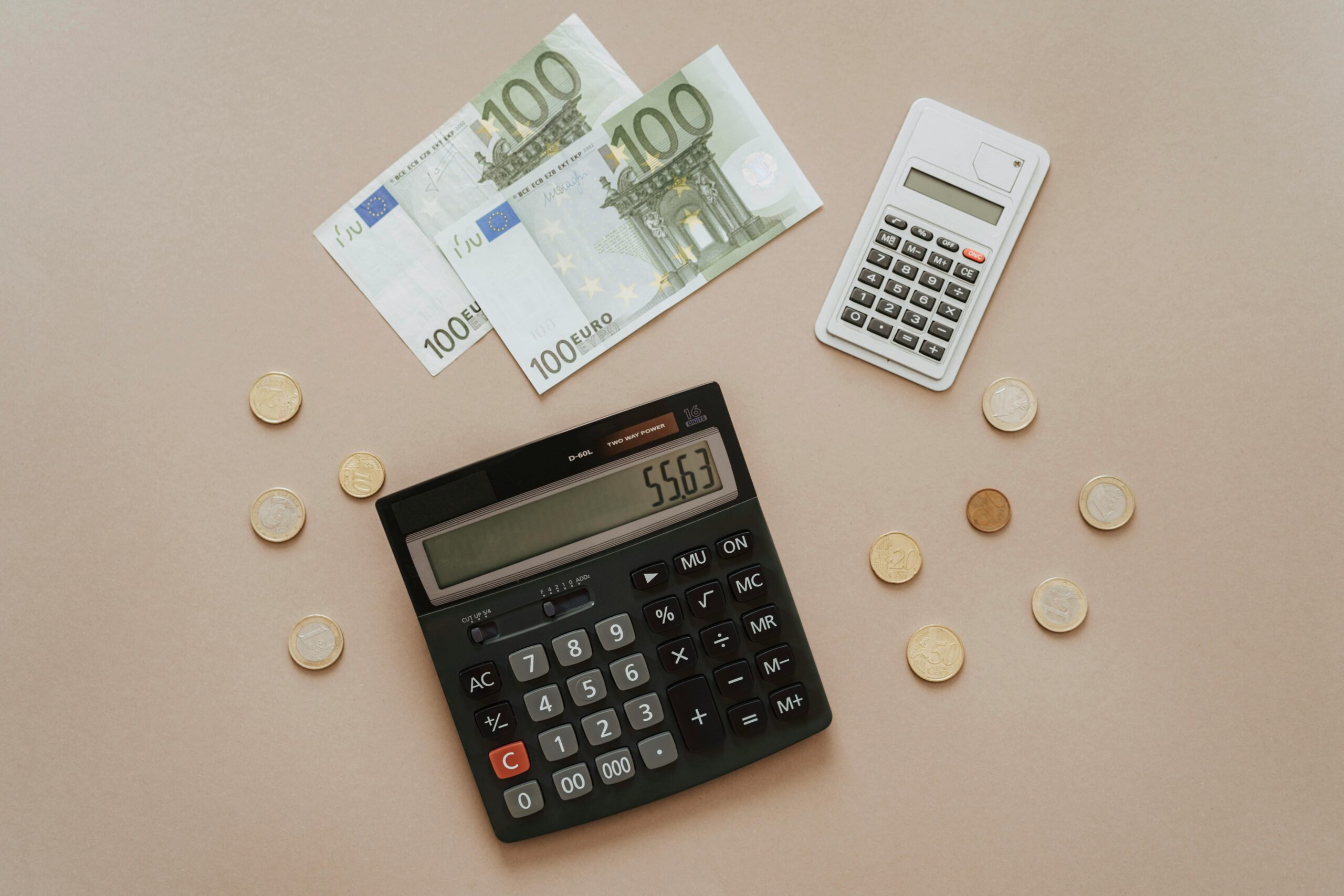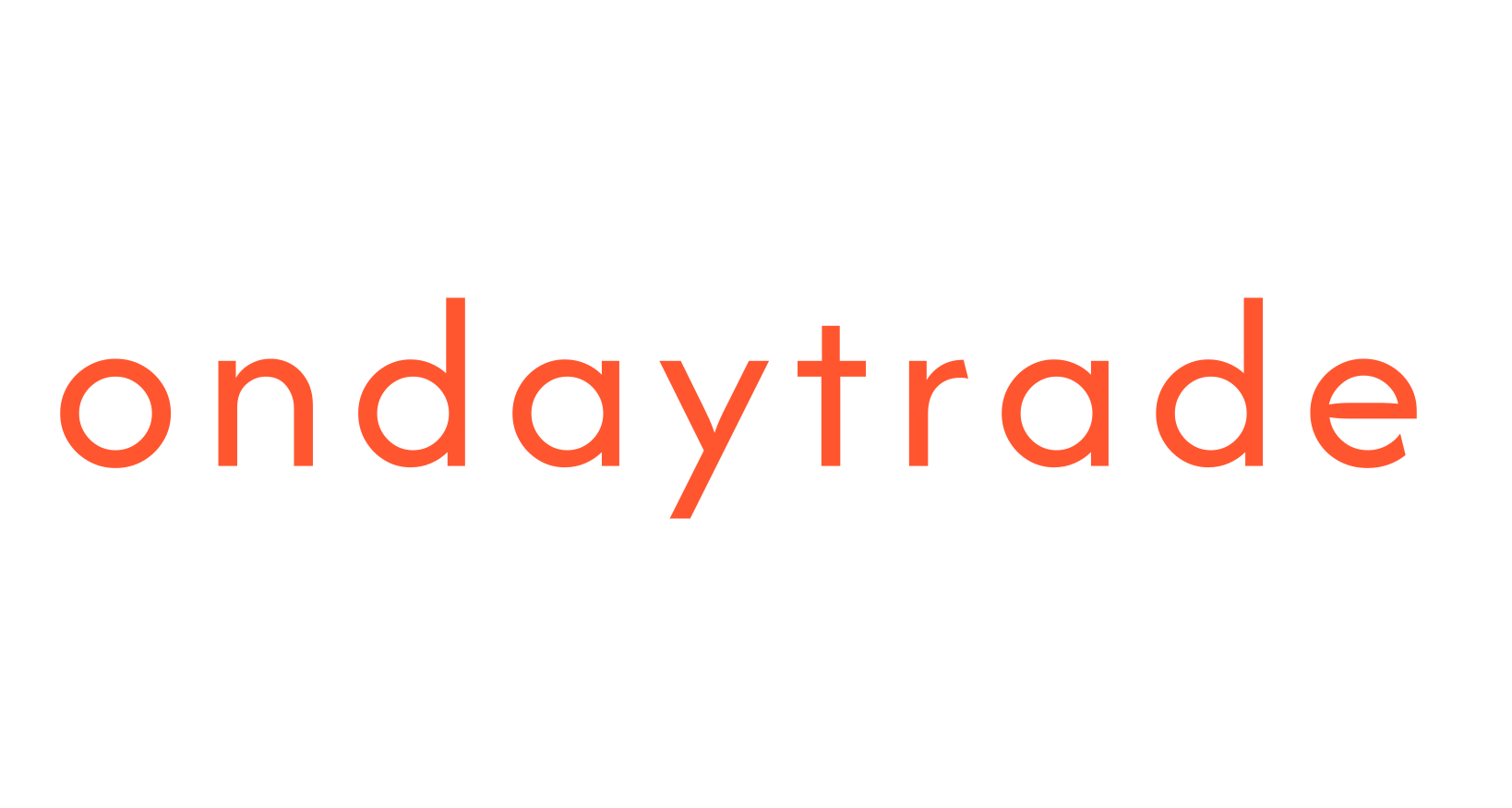Cases of tax evasion For the law to be effectively enforced, anyone who conducts business is required to pay taxes. Knowing what fees and taxes constitute the primary source of revenue in the state budget, we must be aware that the main contributors to the state budget are its citizens. If violations are found and evidence and evidence establish that tax evasion has been committed against anyone, a court will be opened and proceeded by the rules and instructions provided by the Constitution of the Republic of Albania and the legislation in force.

As tax and tax revenues form the primary basis of the state budget, collecting and managing them is one of the most critical challenges for the relevant structures operating in this regard. Hitting tax evasion is one of the primary tasks of the tax administration. The responsibility for initiating a criminal investigation against the taxpayer, and making available to the prosecution all information necessary for the conduct of the criminal investigation, rests with the tax administration structure. For all the above violations, the tax administration has a legal obligation a criminal investigation and then refer it to the prosecutor.
One case of particular relevance to be presented as an example is the following situation:The carousel scheme referred to the Elbasan city prosecutor’s office in December 2010, which was finalized in mid-2012 with the arrest of the perpetrators of the system at an estimated $ 3 million.
In the investigations that the prosecution undertook, it was found that the perpetrators had committed the crime of Hiding Revenue after showing false balance sheets declaring less income than they received. This offense is envisaged in Article 180 of the Criminal Code and constitutes a criminal infringement and is punishable by a fine of up to two years of imprisonment. In our case the hidden value is $ 3 million and when the tax liability is higher than eight million, it is punishable by four to eight years of imprisonment.
Since the object of the offense is to conceal the proceeds, and the subjects were aware and fully aware of their unlawful actions as the hidden profits were $ 3 million so we cannot say that these acts were committed. Carelessly and the authors were not responsible for their actions. It is noteworthy that these actions require proper knowledge and skills in the field of finance which the authors possessed best. The purpose is known that was the material benefit. The prosecution in the role of plaintiff charged the defendants with the offense of Hiding Revenue under Article 180 of the Criminal Code.
Another case dealing with Albanian case law about tax evasion is the Judicial Session of 28.05.2013, where it examined in civil court case no. 327:Plaintiff: Company “Albania Krypi” LLC.
Respondent: Albanian Chrome Company LLC
Where the object was required by the respondent party’s obligation to compensate for the damage caused by the delay in fulfilling the obligation in the form of unearned profit from the use of this amount, as well as the interests arising from the delay in fulfilling this obligation. The parties have submitted their claims in court. The respondent party submitted that the payment was not fulfilled because the supplying party (plaintiff) did not accompany and did not forward the tax invoice for the price eventually payable by it.

The trial court does not uphold the defendant’s claims that the payment was not made because the tax invoice is missing as this claim is not supported by law. Thus, in the recourse filed against the decision of the court of appeal, as well as in the appeal filed with this court to challenge the decision of the first instance court, the plaintiff essentially submits that the obligation to issue a tax invoice is a legal obligation. of the plaintiff. Failure to pay the supply in the absence of a tax invoice results in the impossibility of accounting for the amount paid, and consequently the impossibility of VAT refund, with significant financial loss.
In the process, the primary object of forcing the respondent was not required to compensate for the damage caused by the delay in fulfilling the obligation, but this process revealed that by their position, the first instance court and the court of appeals legitimized the performance. of tax evasion, justifying and protecting the violation of the law regarding the manner of payment of taxes by taxpayers, bringing about the avoidance and concealment of tax liabilities of taxpayers to the state as provided by Albanian legislation.
The case went to the trial of the Civil Court of the Supreme Court, which held that the plaintiff’s recourse submissions, that the filing of the tax invoice for the goods supplied, had not only fiscal effects on both litigants, but also constituted a legal requirement that overturns the decisions of the first instance court and the court of appeals, finding that these courts have wrongly applied the law.
Being taxable persons both parties According to Article 13 of Law No. 7928, dated 27.04.1995 “the person who makes a taxable supply shall be obliged to issue an invoice for that supply when the goods are delivered …” and “when services are supplied on a regular or continuous basis, the supply of services shall be deemed to have been effected in each case for which an invoice is issued in respect of any part of that supply… .. ”.
Thus, the plaintiff party being a taxable supply of periodic nature has the legal obligation to issue a tax invoice for any supply made to the respondent party supplied. If you do not issue your tax invoice then you are dealing with administrative and criminal penalties for tax evasion.
This process was not subject to the lack of a tax invoice, but during the trial it was found that both parties exchanged goods without presenting any invoice giving the description of the goods, the quantity and the price, which is a liability for anyone who conducts commercial activity. The parties in question cannot be prosecuted as they should have previously taken administrative action for failing to file a tax invoice. If convicted, they would be sentenced to a fine or up to one year in prison.
Non-issuance of tax invoice is due to non-declaration of real turnover, how much income these two companies actually earned. Unlike the criminal act of concealing the income that was carried out through actions, the non-issuance of the tax voucher by the object is committed by omission, the subject by its omission does not enforce the law by not issuing a tax invoice. Being registered entities and qualified as legal entities have the obligation to issue the tax invoice. On the objective side this act has been intentionally committed.
- Many individuals also driven by the economic situation create fictitious businesses with a view to earning VAT. Such a case does not lack jurisprudence on how to handle such situations:To benefit from VAT compensation, the accused allegedly registered fictitious commercial entities without any activity in order to withdraw VAT Tax Blocs by issuing fictitious sales VAT invoices. Commercial entities made fictitious purchases by companies operating in the food trade and then selling them yes fictitiously in companies operating in the field of construction. Simply put, companies recorded as an example purchases of cheese, milk, yogurt, and other foodstuffs, which were then sold to companies operating in the construction business. Indeed, throughout the transaction chain there was no real product in the between but existed only on the bill. This bill was then sold to another company and so on until the fictitious invoices were submitted to the Taxation Department, which deducted a 20 percent VAT refund on each purchase that was made. of the tax investigation, it turns out that all subjects were related to each other for employees.
So according to payroll in employee history, the same person in all 20 companies results in different functions, once as an administrator and at another point as a driver, storekeeper, cleaner or manual worker. The same employees have been circulated as employees at different times in different functions in the same entities. This scheme was used to create the idea that the 20 companies were real and were conducting regular legal activity. In fact, investigations showed that none of the subjects had the necessary human capacity to perform the registered activity. According to the prosecution, it is suspected that some accounting offices are also part of the fraud, which have enabled the adjustment of the trade balances of these fictitious companies.
The subject of the offense in this case is the economic gain through fraudulent schemes such as fictitious purchases made by the companies concerned.The objective side of this criminal offense is committed with active actions as the person had to act to accomplish his purpose.The subject is an adult who has reached the age of 18 and has criminal responsibility for his unlawful acts.The subjective side of this criminal offense was committed intentionally and for the direct purpose of profit. In order to commit such fraudulent schemes you must have knowledge of the economic field which the person in question did not lack as he knew what he was doing and was classified as illegal.
Apart from the cooperation between the Albanian institutions, it is important that for the goods that are imported into the Albanian customs the tax institutions should cooperate to avoid tax evasion as the fraudulent schemes cause huge monetary losses which damages the state coffers.
One such case was handled after an Italian company imported air conditioners destined for the Albanian market. To avoid paying taxes this company produced two sales invoices where one set the real price and the other the fictitious price. The income declared in the Albanian state by the false invoice was sent to the bank and the rest remained in cash where it was sent in other ways to the Italian state.
As there was no formal error in the documentation presented, it was quite difficult to detect this fraud scheme. It took some cooperation between the Italian and Albanian authorities, who exchanged relevant information, and when comparing the de calcified bills it was noticed that the real value of these air conditioners was 800 euros, but that in the declarations made in our country and the price that was imposed. the bill was 600 euros.
Tax documents include sales and purchase statements, bank accounts and transfers, income and expenses. Whereas in the Albanian State this company has submitted false documentation based on Article 180 of the Criminal Code according to the Albanian legislation: Hiding or evading payment of tax liabilities through failure to submit documents or failure to disclose necessary data under applicable law, the submission of false documents, or false statements or information, for the purpose of material gain, for himself or for others, through the incorrect calculation of the amount of tax, tax, or contribution, constitutes a criminal offense and is punishable by a fine or imprisonment of up to one year. in three years. When this offense is committed with the intent of concealing or avoiding payment of a tax liability of more than five million leke, it is punishable by imprisonment of two to five years. When this offense is committed with the intent of concealing or avoiding payment of a tax liability of more than eight million leke, it is punishable by imprisonment of four to eight years.
Although it is a company headquartered in Italy, it has the obligation to comply with all procedures required by Albanian law and to pay any liability for its activity in our place . All those caught with fictitious bills are punished with confiscation of goods and suspension of trade.The goal is known to be for the benefit of monetary earners, and by their actions the administrators of this company have willingly acted by creating two balances in order to avoid paying taxes.










